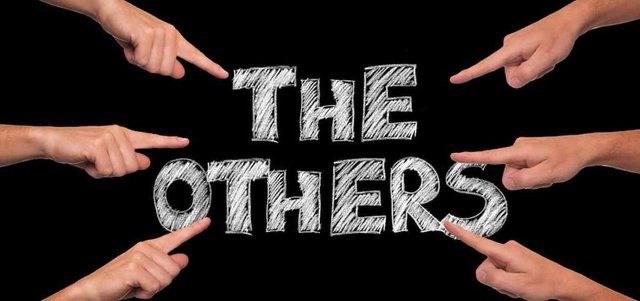We all feel the need to find the cause of our problems. Many of us turn to blaming others for our own mistakes, but that only serves to protect our fragile ego. In truth, most mistakes and issues are the result of context and system, not individual flaws. Moreover, it is not true that people are lazy or incompetent, as some blamers claim. It is just that they made a mistake for a variety of reasons, such as the environment in which they operate.

The use of blame is often a way to avoid responsibility. It can be especially useful for those who rarely express their own emotions. If we are unable to share our pain, blaming another person can feel incredibly relief. At the same time, it is also a form of social comparison, and it can make us feel superior to others. In some cases, we may feel better because we are the one who's to blame.
When a person has no choice but to blame, the blamer ends up putting themselves down in the eyes of others. This creates a toxic environment and pushes people away. Using blame often leads to resentment because people feel judged and devalued. They feel more isolated than ever. If you're guilty of blaming, remember that the person who has acted negligently is the one who needs to take responsibility for their own actions.
Despite this inherent disadvantage, it can still be an effective strategy to avoid taking responsibility for your own behavior. Even though it may feel empowering, blaming other people for your own actions is not always an appropriate approach to solving problems. In other words, it's an easy way to shift the problem from yourself to someone else. This is also a poor way to deal with personal distress. It can even be detrimental to your social status.
In addition to causing pain, blaming is counterproductive. It is a tactic that only causes harm. It's also an excuse to evade responsibility. However, blaming does not serve your goals. The truth is the person who is the victim of the act. If you're the victim, blaming will make it difficult to reach a solution. It can also damage your relationship.
When you blame someone for something that you're not responsible for, you're not being true. You're not taking responsibility for the situation, but you are placing the blame on the person. While you may feel that the problem is theirs, you're not being true. The problem is yours, not theirs. It is not your fault. If you're the victim, the problem is yours. If you're blaming other people for a mistake, you're making yourself look bad and putting yourself in a position of superiority.